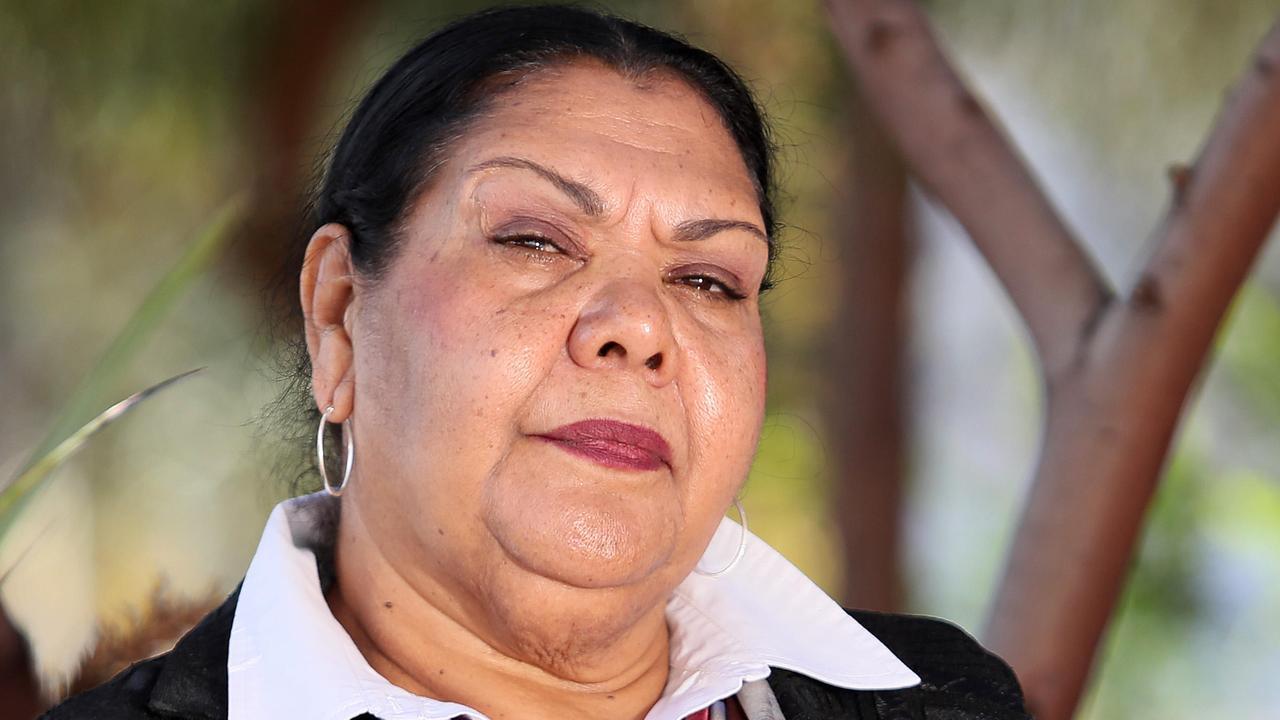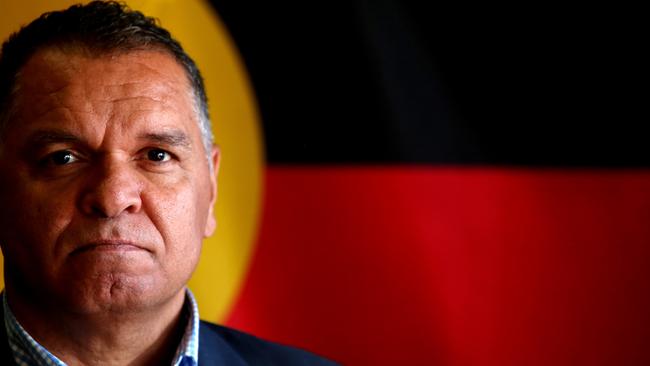Indigenous recognition campaign risked guideline breach
The indigenous constitutional recognition campaign risked breaching funding guidelines over a lack of transparency.
The federal government’s indigenous constitutional recognition campaign risked breaching commonwealth funding guidelines over a lack of expenditure transparency in 2015, four years into an awareness-raising program that cost more than $25 million.
Records of meetings and briefing notes prepared for the Department of Prime Minister and Cabinet show concerns about whether Recognise was delivering value for money and raise questions about accountability. The material related to the campaign’s request for funding for the 2015-16 financial year, as well as a rollover of unspent funds from 2014-15 and an expected extension of funding to June this year.
In a departmental briefing note, the concern is expressed that “if Recognise does not become more transparent about its expenditure of commonwealth funds, there is a genuine risk that the department will be in breach of the commonwealth’s grant rules and guidelines. We have asked legals and the program office to advise whether the current agreement complies with the guidelines”.
The specific guidelines were the Finance Department’s “seven key principles for grants administration that apply to all forms of granting activity” and comprise: robust planning and design; collaboration and partnership; proportionality; an outcomes orientation; achieving value with relevant money; governance and accountability; and probity and transparency.
The briefing note refers to “issues with Recognise delivering on key milestone initiatives on time. For example, there were significant delays with the delivery of the media-buying report, which were not communicated to the department in a timely manner.”
The note says Recognise had resisted departmental scrutiny of its work, but says that with the July 2015 announcement of the Referendum Council to gauge indigenous aspirations for constitutional recognition “there is an opportunity … to reset the relationship”.
However, documents indicate alarm from within the Recognise leadership that the Referendum Council would form a new part of its direct reporting chain, previously restricted to Reconciliation Australia through a $25.73m funding stream beginning in 2012.
“Recognise were concerned they may need to report to the Referendum Council,” a record of an August 2015 meeting that included deputy secretary Richard Eccles and Recognise joint campaign directors Tanya Hosch and Tim Gartrell says.
“Richard noted that Recognise would be able to brief the council on the direction and strategy of their future work, without having to adopt the feedback of the Referendum Council. Recognise would strongly prefer for their only governance structure to be Reconciliation Australia.”
But in other briefing notes there is an acknowledgment that “the department’s relationship with RA is minimal (and) Recognise’s formal relationship with RA is unclear: they report to a subcommittee of the RA board but are not shown on its organisational structure and its legal identity is unclear”.
Recognise has been wound up, with Reconciliation Australia chief executive Karen Mundine telling members “we will be in touch in due course to map out the next stages of our reform agenda”.


